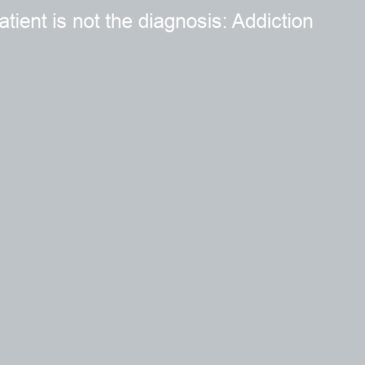Editor's Note: This week, we continue our Special Series on Addiction and Recovery among Tribal Communities with an Op-Ed/Editorial by Eduardo Duran, PhD. Dr. Duran, a clinical psychologist, describes ways in which Native beliefs and values can inform the treatment of addiction and other health conditions.
After having worked extensively for several decades in Indian Country dealing with the effects of soul wounding (historical trauma), I have learned that communities prefer to heal the soul wound by utilizing theory and practice that has Indigenous roots. The manner in which Native epistemology perceives the lifeworld differs from the lifeworld that is rooted in western philosophy. A key difference is that western epistemology perceives reality in a manner that separates us from that lifeworld. The Cartesian split continues to drive western thought, and this split separates the psyche from the lifeworld. Native understanding of cosmology does not adhere to the separation of human from the lifeworld.
It may appear that the manner of perceiving the lifeworld may not be very relevant and that I may be reaching for something that is not there when theory meets practice. If we are disconnected from the lifeworld, our interventions in the area of addiction may not make sense to Native patients who are struggling with the entity known as addiction. We encounter the problem of irrelevant metaphors as soon as we get into the diagnostic process. Diagnosis, when viewed from an Indigenous epistemology, may be understood as a naming ceremony. Naming ceremonies are very significant in that the person named is given a new identity that describes their ongoing life journey.
Another key concept that needs to be understood is the difference between the western medical model and traditional Indigenous healing. The western medical model uses adversarial approaches in their dealing with the suffering of patients. This model seeks to fight with and, in some prescribed manner, get rid of the sickness. Traditional Indigenous models instead seek to make a relationship of the suffering, and in this way be able to bring harmony as well as existential meaning to the patient.
The notion of relating to addiction or any other diagnosis is important when working with Indigenous people. In my clinical work, I adhere to the idea that the patient is not the diagnosis. Instead, I facilitate the idea that there is a spiritual entity visiting the patient. For example, I tell the patient that the spirit of alcohol (or whatever the drug of choice is) is visiting. Facilitating an understanding that there is a spirit visiting, and not telling the patient that s/he is an addict or an alcoholic, is part of the liberating process. This process liberates that patient from being the addiction to beginning a new narrative that will lead them to a restoration of identity.
Restoration of identity is the sine que non of the liberation process. Many Indigenous people suffer from loss of identity because of the soul wound that is the legacy of historical trauma. Addictions and other self-destructive behaviors are an attempt by the patient to restore their soul/identity which was wounded or lost as part of personal and collective trauma. Once the patient is aware that his/her tribal understanding of addiction is at the core of the intervention, the patient has begun the journey towards restoring their soul/identity which is critical to the new narrative of not engaging in self-destructive behaviors. Therefore, this type of approach has a dual purpose. One is to intervene in the addiction and the other purpose is the restoration of identity.
Historical trauma, and specifically the boarding schools, were instrumental in attacking Native identity. The sole purpose of the boarding schools was to kill the Indian and save the man. Very little interpretation is needed to realize that the boarding school policy was designed to destroy the Native family and rip out identity through institutionalized physical, spiritual and emotional violence. It is this very legacy that liberation approaches intent to treat and to heal. All of the communities I work with greatly appreciate this approach and are grateful that they can release old narratives that categorize Native people as defective and embark in a new narrative of liberation, restoring identity, and healing.
Eduardo Duran has been working in Indian Country for 30 years. He has been instrumental in developing clinical theory and methods that integrate ancient traditional approaches with modern western strategies in an effort to make healing relevant to Native peoples. Dr. Duran has published several books and articles that are bringing much needed dialogue to the discipline of psychology and is inspiring new interpretations to issues that afflict all human beings. In his latest book, Healing the Soul Wound, Dr. Duran takes traditional thought and metaphor and applies these towards the development of a hybrid epistemological approach that inspires a new vision for healing of our collective soul wounds.
What do you think? Please use the comment link below to provide feedback on this article.




